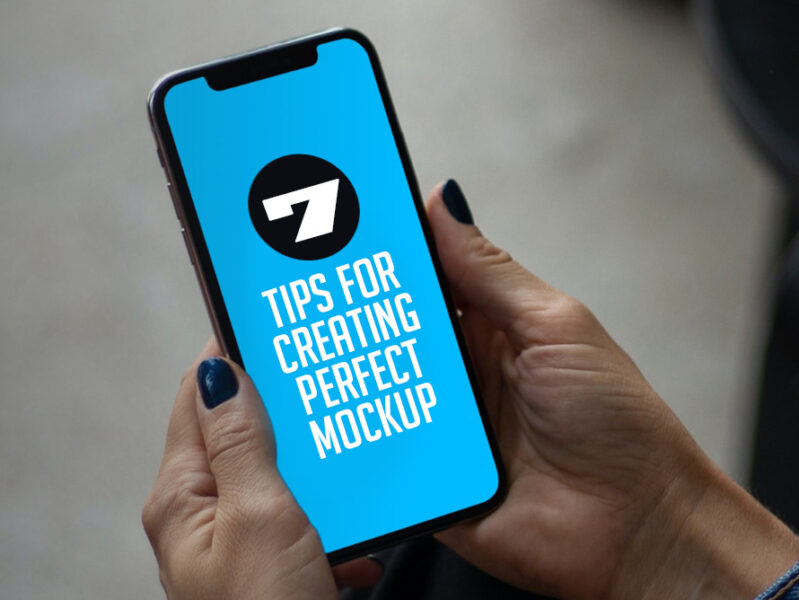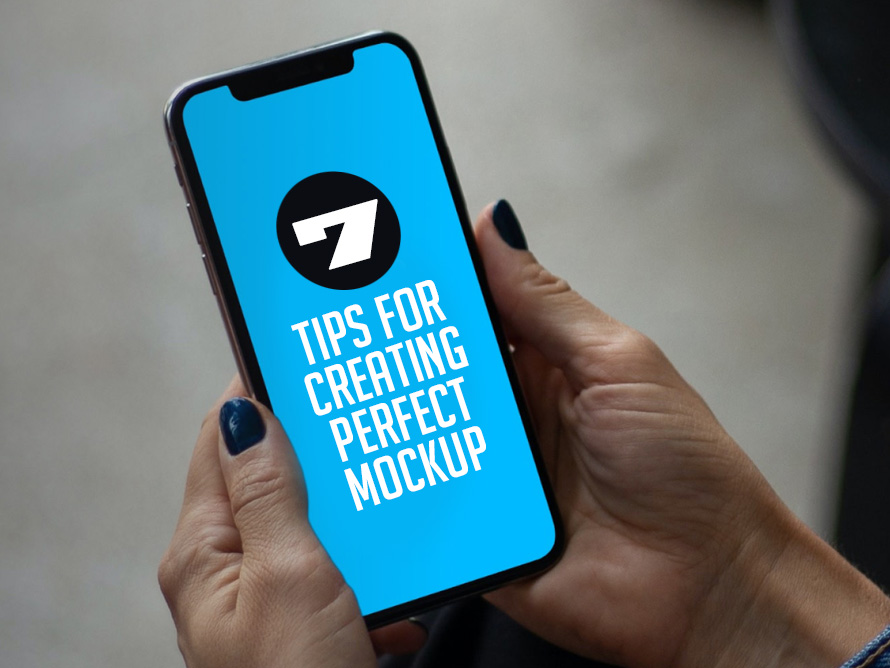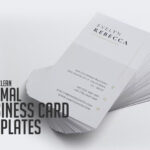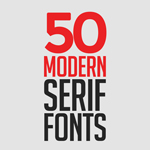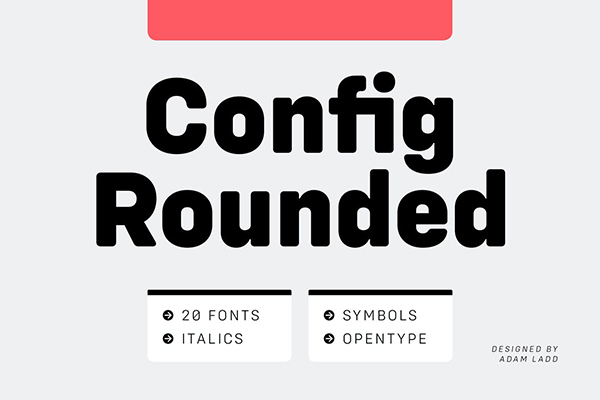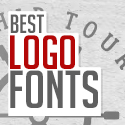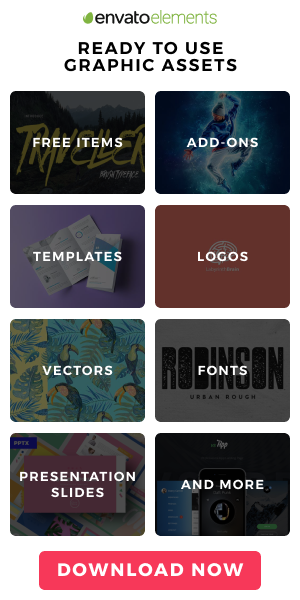Mockup creation is typically a standard step in the product design and marketing process. So, almost everybody out there today trying to market one product or another knows how to use a 2D or 3D mockup.
However, some tips can help ensure your mockup designs stand out from the pack. These few key elements can make all the difference in creating the perfect mockup. In this article, we will examine 7 of these tips:
Table Of Content
- Understand the Importance of a Mockup in Project Design
- Establishing Clear Goals is The First Step to Creating the Perfect Mockup
- Always Select the Right Tools for Creating Your Mockup
- Focus on Enhancing Usability
- Embrace Feedback
- Refining Your Mockup As Much As Possible
- It’s All in the Presentation
- Wrap Up
1. Understand the Importance of a Mockup in Project Design
First things first, it is very crucial that you understand the importance of your mockups as a part of the product design and marketing process.
Mockups are essential for a myriad of reasons, as listed below:
- They are a visual representation of how a project will look when completed, and they play a significant role in helping clients or potential customers reach a decision.
- They also help you to demonstrate a clear understanding of the project’s layout, structure, and design elements to all stakeholders involved in the process. This helps to lead to better communication and communication.
- Mockups also help you to identify design flaws and other issues early on in the product development lifecycle. This helps save significant time and resources.
- Finally, mockups enable you to get creative and experiment as a designer. You can play around with different color schemes, typography, and layouts without wasting resources on developing real prototypes.
Going into the mockup creation phase of product design, you have to understand that rather than being just another mundane step in the process, mockup design is supposed to help you with all of these benefits listed. This simple mindset shift can really 10X your mockup quality and your creation experience.
2. Establishing Clear Goals is The First Step to Creating the Perfect Mockup
Next, you want to establish clear goals for your mockups. Essentially, define what you want to achieve with your mockup designs. Are you aiming to showcase a specific feature or functionality? Do you want to highlight the user experience or demonstrate the overall aesthetic of the product? Discovering these clear goals from the very beginning will help guide your design decisions and ensure that your mockups reflect your vision as accurately as possible.
So, to do this, consider creating a list of objectives or using a mood board to visualize what your goals and expectations are. This way, you can quickly attain clear direction and stay focused.
However, it is always advisable to keep your goals realistic and achievable. You do not want to create lofty goals that are impossible to reach, as that can itself constitute a roadblock in the design process.
One way to stay on track is to explore using ready-made images in 2D & 3D, creative templates in PSD and other formats, or other similar design assets. These can serve as inspiration and help guide you towards producing the highest quality results. You can typically buy them on online marketplaces for design elements like Yellow Images.
3. Always Select the Right Tools for Creating Your Mockup
This should go without saying, but if you’d really like to create perfect mockups for your product showcases, then you need to put extra care into selecting the tools that you use for designing them.
Start by considering the specific features and functionalities that you need to achieve the mockup that you have mapped out on your mood board. Then, look for tools that provide these functionalities.
4. Focus on Enhancing Usability
This is particularly important if you’re trying to create mockups for digital products like mobile apps or websites. You need to emphasize user-friendliness in order to enhance usability. More often than not, it’ll turn out that all you need to do is focus on simplicity and clarity, keeping the layout of the design clean and organized and avoiding distractive clutter.
5. Embrace Feedback
In the mockup design process, feedback can be collected from multiple stakeholders – co-workers, your employer, clients, or even the potential end users. It is important to actively seek out feedback from these stakeholders and incorporate it into your design.
No one is saying that you have to do exactly as everybody says since, as we already all know, too many cooks spoil the broth. However, if five stakeholders or team members point out that your color palette isn’t aligned with your stated goals, that feedback should guide you in improving your color choices.
6. Refining Your Mockup As Much As Possible
Once you have created the first iteration of your mockup, it’s time to refine and test it to ensure that it meets your expectations as precisely as possible. Pay attention to the details, and adjust color schemes, typography, and whatnot until you can be sure that it’s as perfect as it can be.
7. It’s All in the Presentation
Now that you’ve put all the hard work into creating perfect mockups, the next thing to do is to ensure that your presentation is impressive. Consider using interactive tools that will allow easy navigation for your audience. Also, don’t forget to extensively make use of storytelling to ensure that your audience feels connected to your design.
By mastering the art of presentation, you can ensure that you leave a lasting impression on your clients or co-workers. After all, the impression that you leave on them significantly contributes to determining whether they think your designs are perfect or not. So, don’t be afraid to think outside the box.
Wrap Up
The real key to creating the best mockups is to get as creative as possible. It’s a creative process with color palettes, shapes, transitions, and all of that, so it’s best to treat it as such. Try to have as much fun as you can just experimenting with stuff and seeing how they work out. You’ll be surprised by the results you get.
To really get your groove going, it’s always best to use templates to sort of give you a starting point from which you can begin to create your magic. There’s an unlimited supply of these templates online; you just need to find ones that are most like the end goal that you have in mind. You can get some at online marketplaces like Yellow Images.

